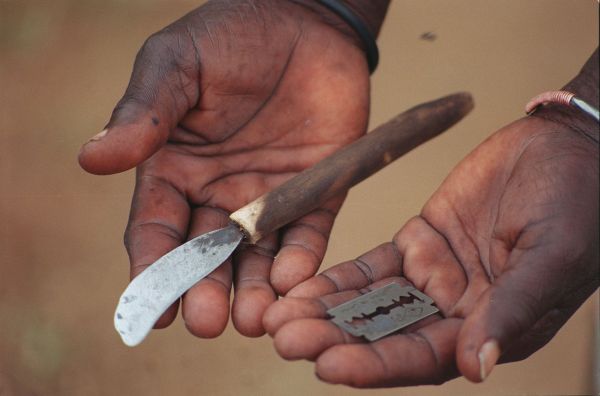
Ogun Declares Zero Tolerance For Female Genital Mutilation
Mrs Oluwafunmilayo Efuwape, the state Commissioner for Women Affairs and Social Development, said in Ilaro that the declaration was to commemorate the International Day for Zero Tolerance for Female Genital Mutilation.
Its theme was: “Unleashing the Power of Youths”.
According to the commissioner, it is a special day to raise the campaign against the harmful traditional and cultural practice and for total eradication by the year 2030.
She said that the state had long been championing the cause to eliminate the menace.
“I enjoin everyone, especially the youths, to explore all power within their capacity, social media inclusive to end this act, just as they have been identified as a powerful tool towards fighting against every unjust in the world,” she said.
The Permanent Secretary in the ministry, Dr. Oluranti Oladeinde, explained that female genital mutilation involved altering and injuring the female genital for non-medical reasons as well as abuse of girls and women integrity.
“Girls, who undergo female genital mutilation face short term complications such as severe pain, shock, excessive bleeding, infection and difficulty in passing urine as well as long term consequences for their sexual, reproductive and mental health,” she said.
Oladeinde said that coordinated and systematic efforts through sensitisation on human rights, gender equality, sexual education and attention to the needs of women and girls who suffer from its consequences were essential in promoting the elimination of genital mutilation.
She said that the Day focused on mobilising youths and women to rise up against the harmful practice.
The permanent secretary solicited people’s support for government in eliminating FGM in order to free girls and women from any form of short term complications and long term consequences which could lead to mental problems.




